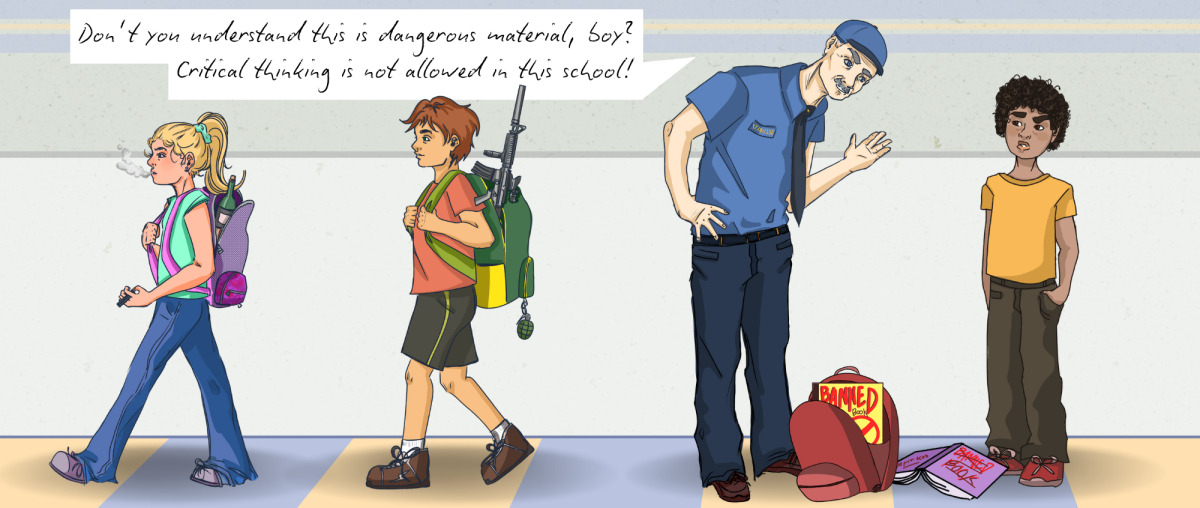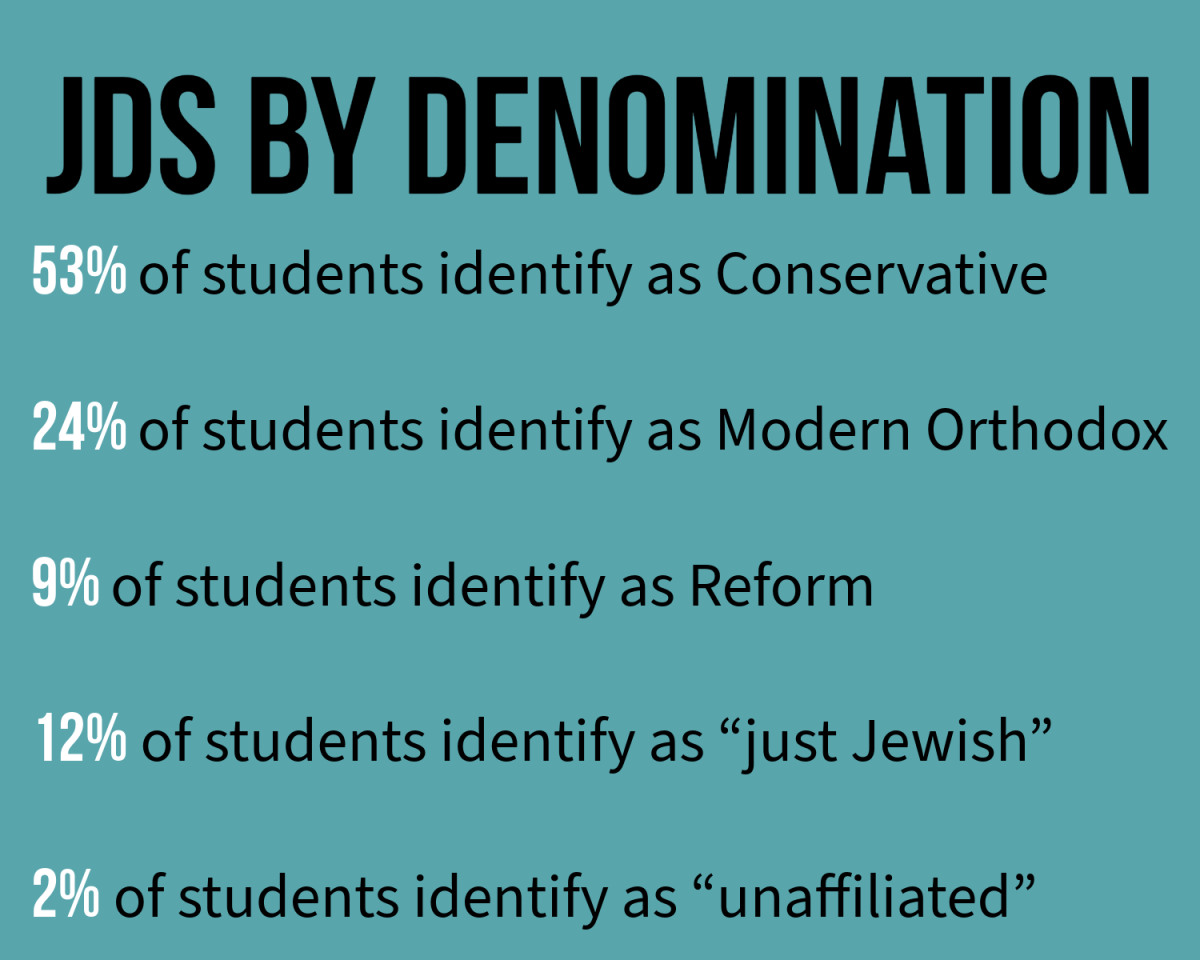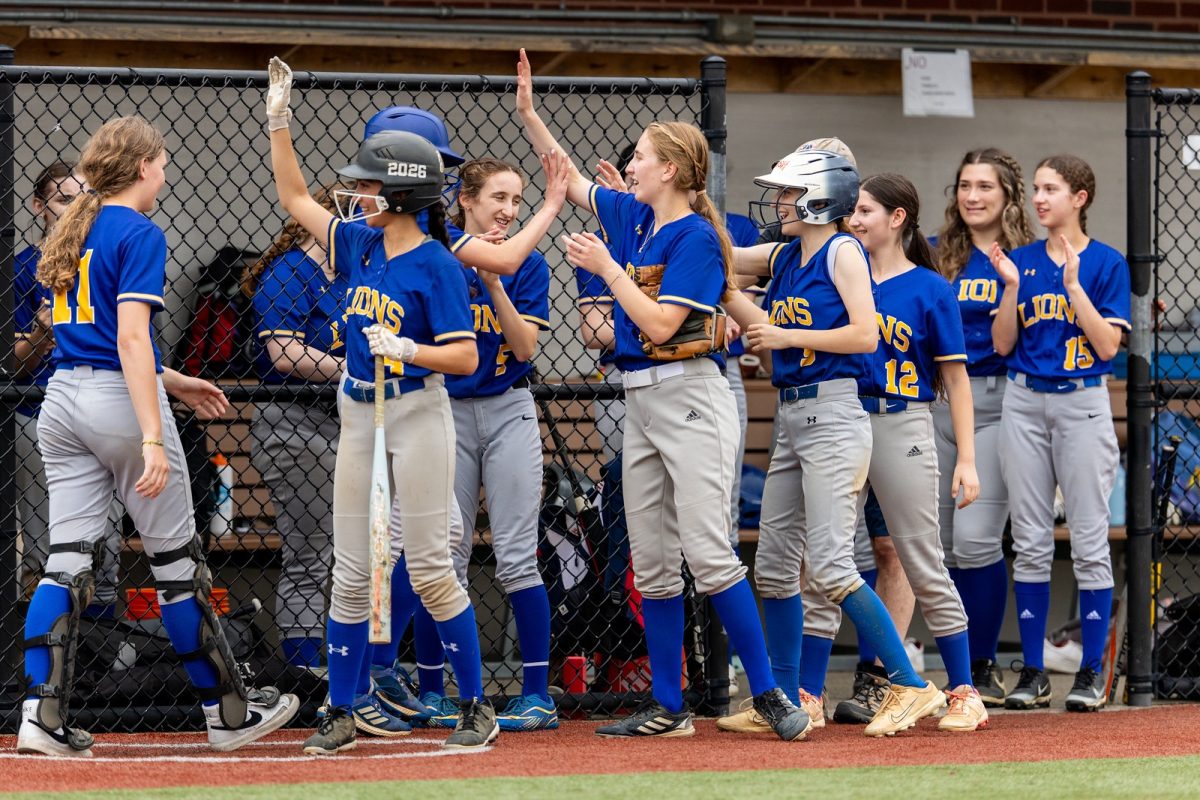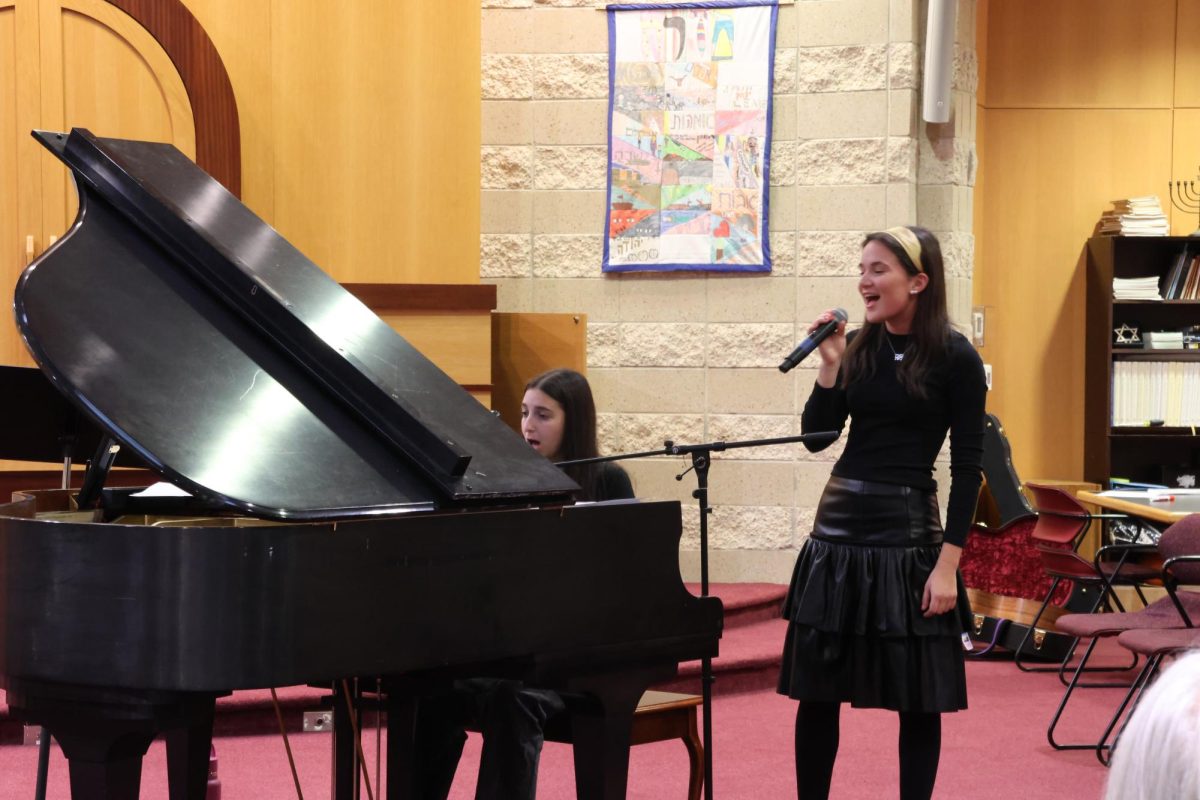Lately, the controversial letter exchange regarding the Israel-Hamas war that was circulated throughout the CESJDS community has become a hot topic. One of the first letter’s signees Ethan Slater, known for playing SpongeBob on Broadway and Boq in the upcoming film production of “Wicked,” posted the letter on his Instagram story, a platform on which he has 138k followers.
Let me get one thing straight: I do not see a problem with Slater posting his opinions on his Instagram page or signing the letter. However, the fact that he posted this specific “Open Letter” to his 138k followers is incredibly upsetting and inherently problematic.
First of all, it is a bit of a stretch to call Slater an alum. In his story, Slater said that he “signed a letter written by fellow alumni of the school I went to.” JDS was not “the” school Slater went to, it was “a” school — he left JDS after eighth grade and graduated from Georgetown Day School. It’s hard to equate him with his “fellow alumni” when his stint at JDS ended before high school, which is when in-depth education on Israel and its history begins.
Because Slater left before high school, he missed out on courses like History of Modern Israel and Arab-Israeli Conflict that paint a fuller picture of the situation in the Middle East. In his post, he claimed that “his Jewish education … gave [him] a one sided view of Israel and its need for self defense and safety.” As someone who has taken classes in the JDS high school that focus on the history of Israel and the conflict, I can confirm that these courses strive to represent both Arab and Israeli narratives. Perhaps, if Slater would have stayed through high school, he would have seen this as well.
The biggest problem with his actions is the fact that he actually posted the letter on his story for his 138 thousand followers to read. The letter is titled, “Open Letter to the Charles E. Smith Jewish Day School Community,” and, last time I checked, that “community” did not include all of Slater’s followers.
The letter was explicitly meant for alums, staff members, families and students of the school, which was made clear by the letter’s title. Therefore, it was disrespectful to the JDS community for him to share it with people outside of the community. There is a way to critique your Jewish education and the biases you believe it instilled within you without sharing something that is not yours to share.
What Slater probably didn’t think about when he pressed post was the danger in which his story put the JDS community. The title of this letter gave his story’s viewers the name of our school, putting both campuses at risk. We live in an uncertain climate in which Jewish facilities, much like JDS, have been targeted, and there is no telling how outside readers of this letter could react. Many people on both sides are deeply upset about the Israel-Hamas War. Thus, Slater’s publishing of the school’s name and his opinions on its policies draws attention to JDS as a target for people who feel strongly about the conflict.
Personally, I felt more unsafe going to school the day after he posted the letter and his critique of JDS on his story. Many of my peers were talking about his post, some even fearing that the school would be bombed because of his insensitive actions. If Slater truly identifies with the JDS community, I hope that he puts more thought into the impact his actions have on this community in the future.
















